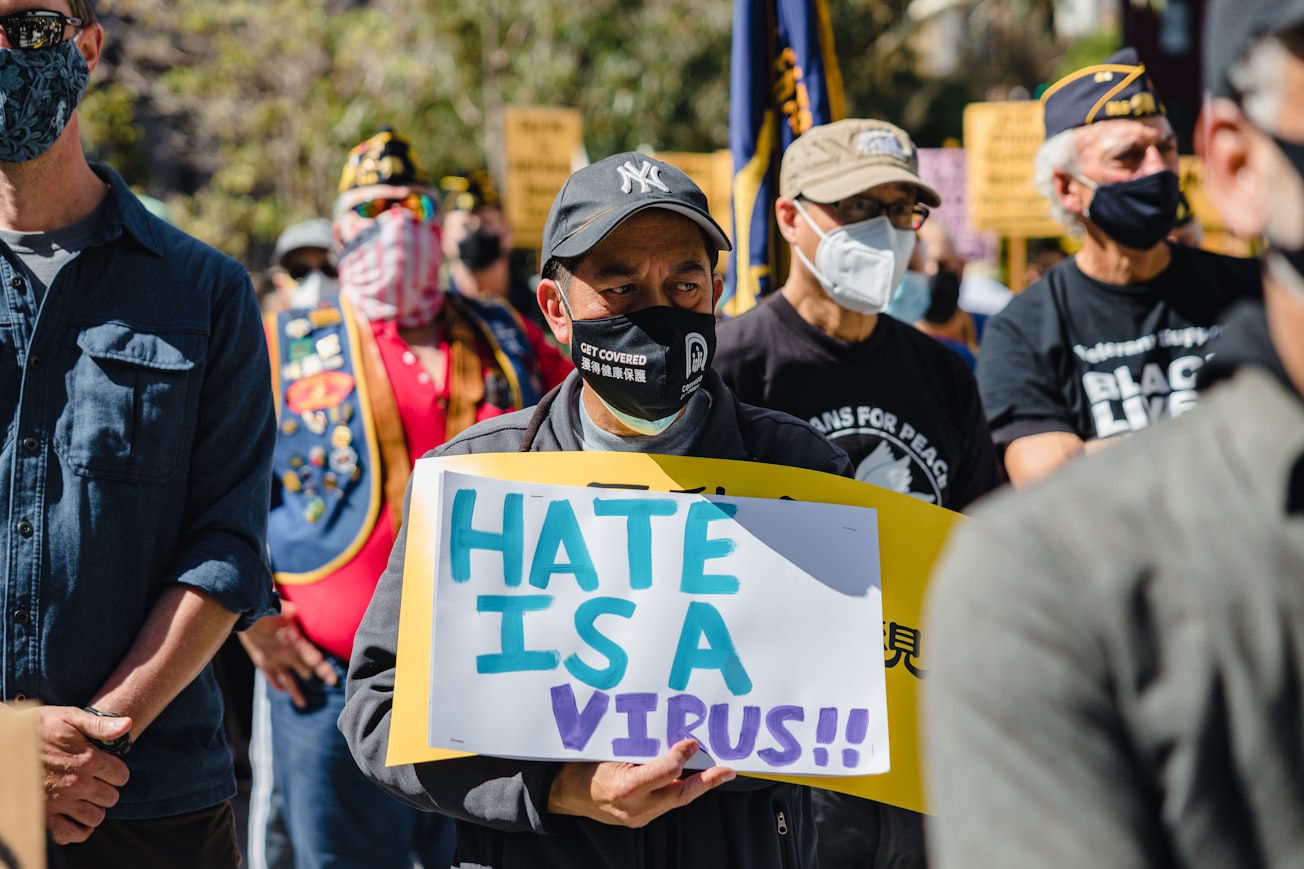What is it about?
Is hate fundamentally different from other negative emotions? In this research, we asked people about their targets of hate, dislike, anger, contempt and disgust, and we compared their emotional experiences in several dimensions to uncover the similarities and differences between hate and the other emotions and reveal hate's distinctive features.
Featured Image

Photo by Jason Leung on Unsplash
Why is it important?
Our findings show that hate is most distinct from dislike and anger, somewhat less distinct from contempt, and least distinct from disgust. Higher emotional arousal, personal threat perceptions, and attack-oriented behaviors are hate’s distinctive features. Given the lack of empirical research on hate, we contribute to a better conceptualization of this relevant but understudied feeling.
Perspectives
I think that writing this article was challenging and exciting at the same time. It was challenging because from its conception we did not find a solid definition of hate and not too much empirical research about it. Also, it was one of those questions that seem intuitive for everyone (even without evidence), and the methods and ethical considerations for studying feelings like hate are restrictive. It was exciting because we felt that we were scratching on a big important question and contributing to a synthesis on this topic. I hope the readers and emotion researchers find the article inspiring.
Cristhian Martínez
Read the Original
This page is a summary of: Hate: Toward understanding its distinctive features across interpersonal and intergroup targets., Emotion, February 2022, American Psychological Association (APA),
DOI: 10.1037/emo0001056.
You can read the full text:
Contributors
The following have contributed to this page










